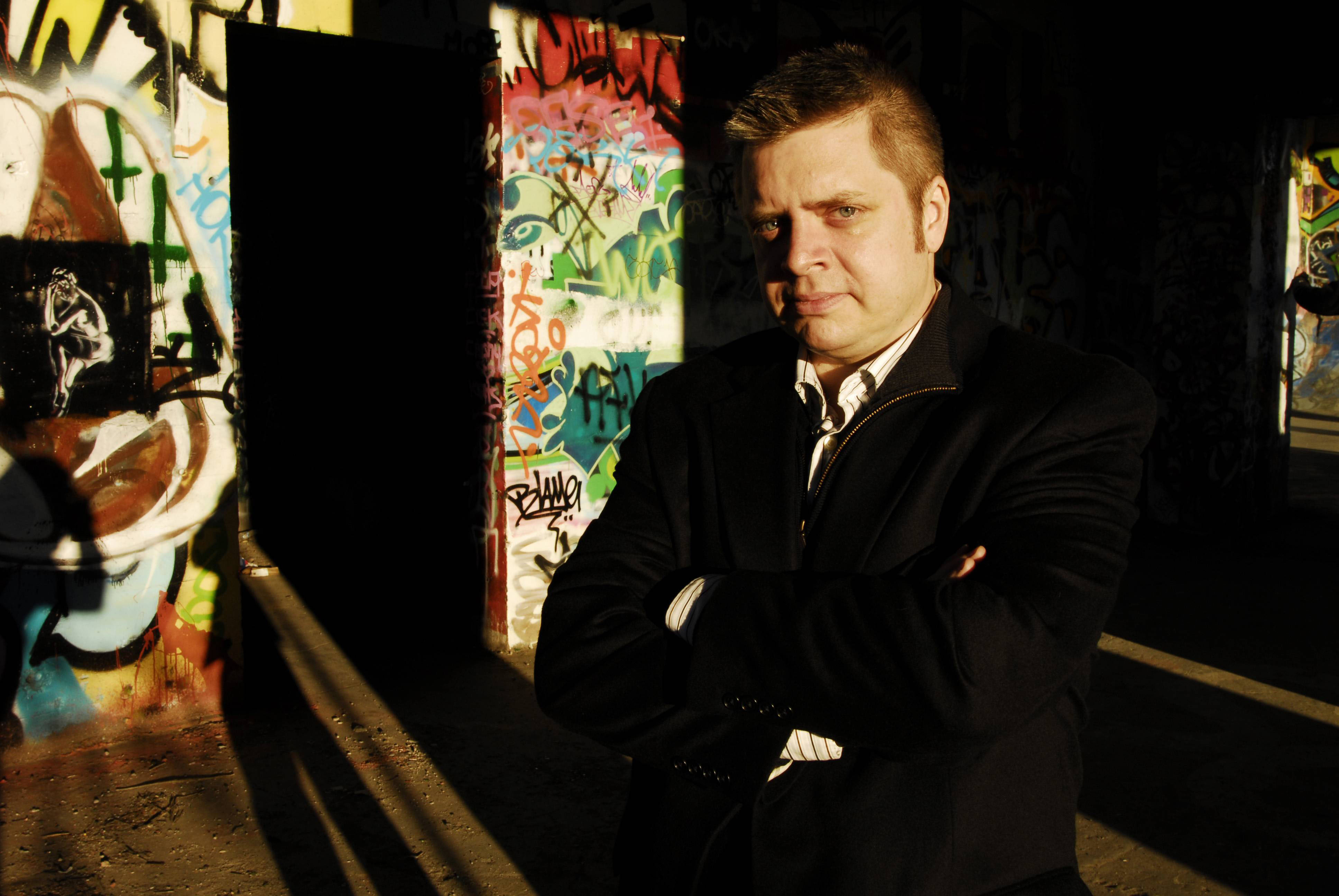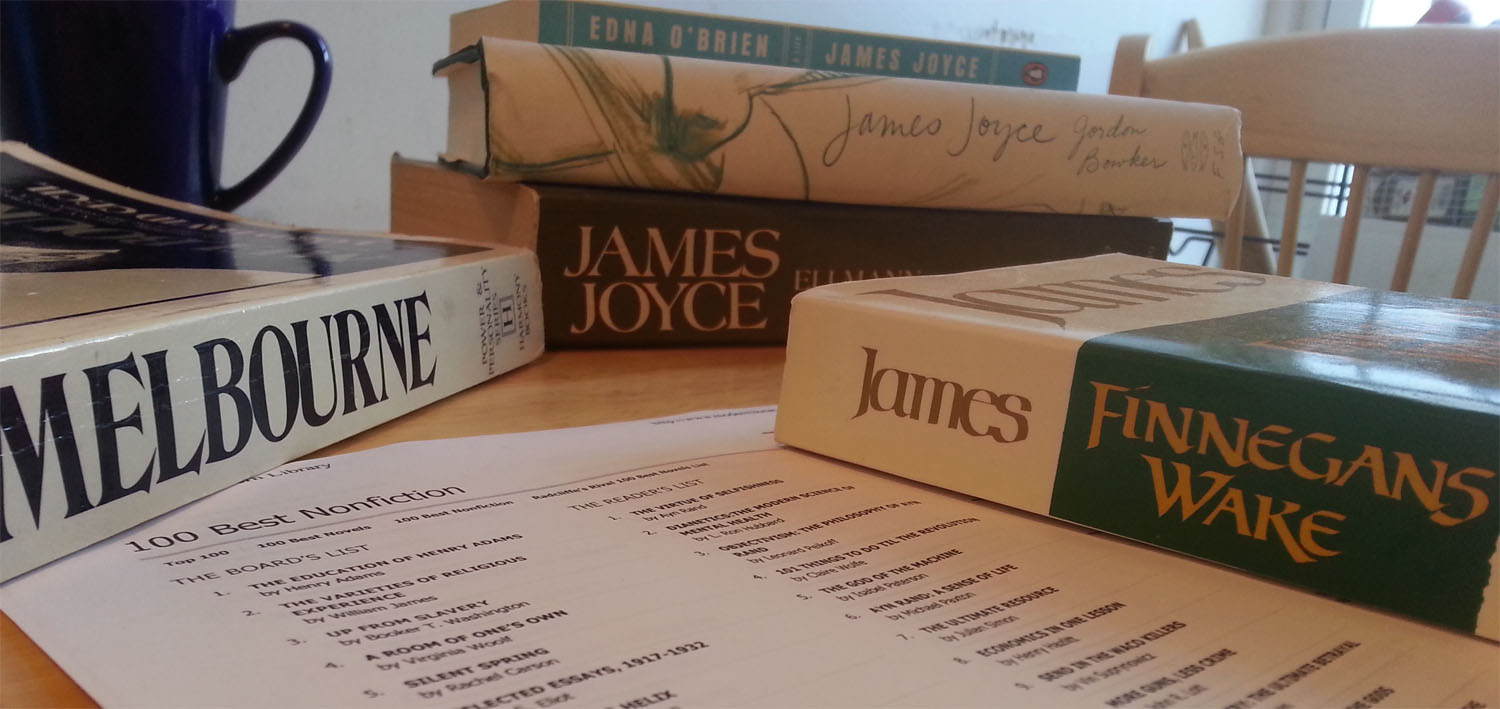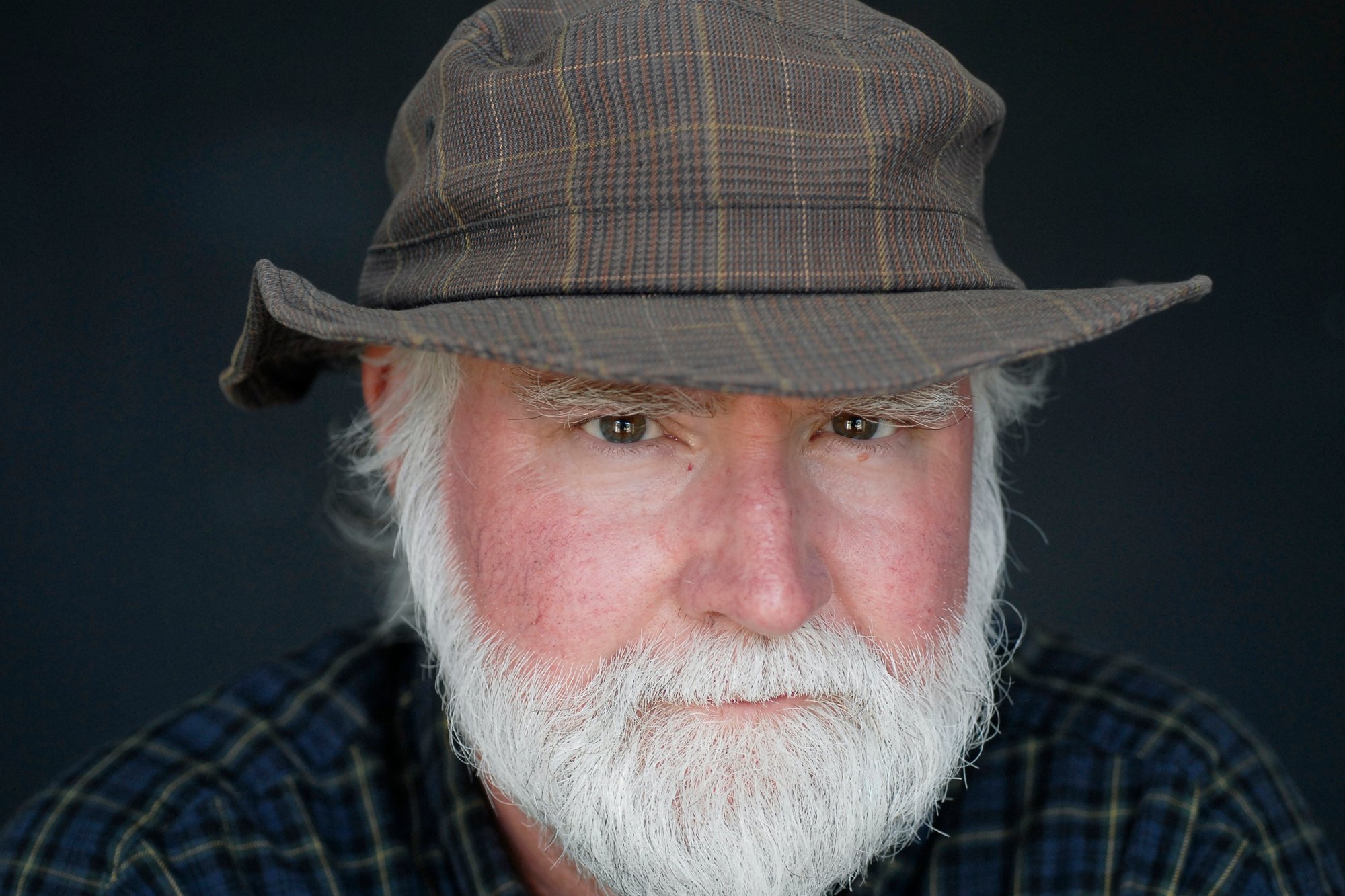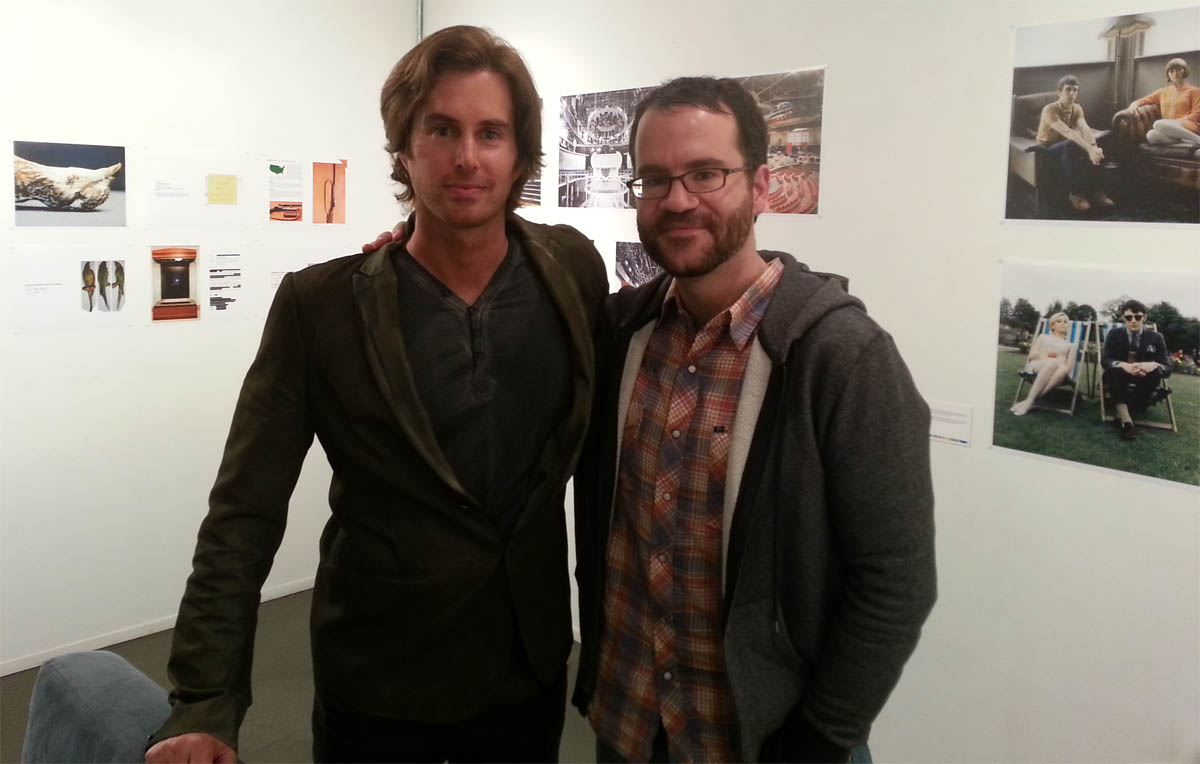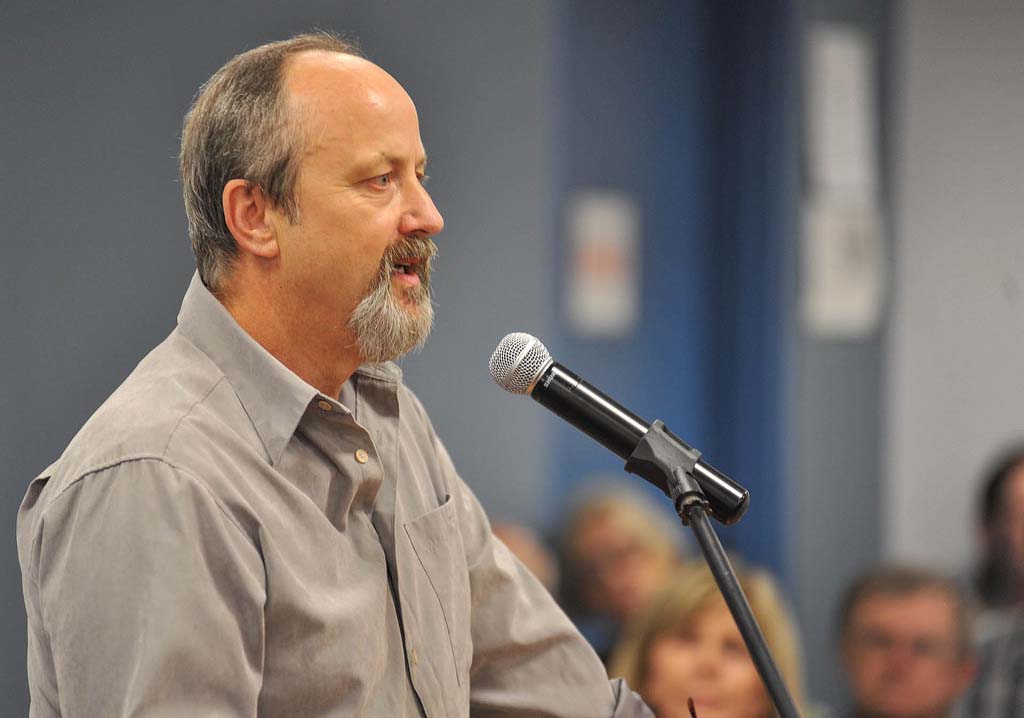Samira Kawash is most recently the author of Candy: A Century of Panic and Pleasure.
Author: Samira Kawash
Listen: Play in new window | Download
Subjects Discussed: The candy bar as a substitute for a sandwich, how the notion of “three meals a day” altered as Americans moved to cities, the candy bar’s evolution between the wars, the Chicken Dinner bar, how the mechanical age caused people to view themselves as engines, how candy manufacturers capitalized on the calorie-happy clime of the 1920s, Ray Brokel, the difficulty of tracking down bygone candy bar flavors, candy as a reflection of cultural taste, why some candy bars have endured to this day, why it’s difficult to reverse engineer a candy bar from the early 20th century, candy and the military, medical fasts and hard candy, how sugar fuels the brain, German chemists and nutritional science, how the German military used lemon drops as a secret weapon, lemon drops built to military specifications, overworked soldiers and increased productivity, comparing sugar and stimulant use among soldiers, drugs and the Vietnam War, modern connections between candy and the military, how trade show candy is foisted upon today’s soldiers, dentists and candy, candy conspiracies, early 20th century candy advertising, how cigarette companies hooked candy lovers on their product, competition and collusion between candy makers and cigarette companies in the 1920s, tobacco’s efforts to grab discretionary spending sapped up by candy, candy as a weight scapegoat, candy cigarettes and chocolate cigars, kids who emulate adults, candy as “a gateway to sin,” oleomargarine, the candy industry’s early hostility to glucose, food reformer Mary Theiss, 1908 warnings of “adulterated” candy, the distinctions between glucose and corn syrup, when corn syrup sounded wholesome, efforts to clean up glucose’s image during the 20th century, overblown fears about corn syrup in the present day, candy used as a restorative in health spas during the First World War, chocolate’s powers as a restorative, The Shotwell Candy Company’s attempts at vitamin-fortified candy bars, nutrition bars, horrific Figurines ads, the unholy alignment between chocolate and nutrition, chocolate’s introduction in Europe, cats who wander around the house, the demise of homemade candy dippers, how machinery affected the rise of candy and cigarettes, the ups and downs of homemade candymaking, gender roles and candymaking, the strange disappearance of candy cookbooks in recent years, the sinister origins of trick-or-treating, allowable pranking within the confines of Halloween, when child gangsters were considered cute, Sylvester Graham, Lulu Hunt Peters and the chocolate cream debouch, the relationship between Christian proselytizers and candy, Ella Wheeler Wilcox’s frightening poem about candy, religion of the body, secular morality, orthorexia, purity of the body, John Kellogg, efforts to capitalize on breakfast, the rise of Sugar Crisp and sugar-based cereals, Robert Choate’s cereal crackdown, the National Confectioners’ Association as a formidable lobbying organization, candy bar portions, dessert portions, the future of artisanal candy,
EXCERPT FROM SHOW:
Correspondent: Let’s start from the very beginning. There were many things that were fascinating about this book, but one of the things that fascinated me was how you pointed to this period where Americans shifted from a three meals-a-day life, where they were having breakfast in the morning, followed by dinner in the mid-afternoon, followed by supper before bedtime. And then things shifted to a breakfast-lunch-dinner life as Americans moved away from the farms and into more urban and industrial settings. To my great surprise, what was especially astonishing was how the chocolate lunch bar entered the market as a viable snack that could serve in lieu of a sandwich for lunch! I mean, that’s astonishing! The Waleco Sandwich Bar, Kline’s Lunch Bar, the Chicken Dinner Bar. So this is a good place to ask. How did the taste for candy shift from mere snacks to wholesale meal replacements? And also, you say that the taste of the Chicken Dinner Bar, which stopped manufacture around the 1960s, has been lost to history. But surely someone out there has described it. Did people really eat these things? How many of these lunch bars were manufactured? How did this happen?
Kawash: Well, I think I’m going to back up a little.
Correspondent: Okay. Sure!
Kawash: And talk about that transition that you pointed to from three meals a day at home to a much more fast-paced lifestyle that’s familiar to us. I mean, when we say breakfast, lunch, and dinner, what do you think of lunch? Lunch is away from home. Lunch is something fast. Lunch is something convenient. We just don’t have time to sit down for meals. We’re always on the go go go. And since the ’70s, sociologists have been bemoaning the loss of proper meals in our life and looking at the increasing number of our eating occasions which are really snacks. We’re eating things out of packages, on the go, and that’s only increasing. This kind of “eat what I want when I want it” lifestyle. And what people want for those increasing number of snacks is something candy-like. That is to say, something that is portable, something that is tasty, something that is easy to eat, something that isn’t messy. And candy fits the bill perfectly. And what is fascinating about the candy story is that this whole possibility of eating on the go and grabbing something that is almost as substantial as a meal, but out of a package — that starts with candy. And that period of transition when people started leaving the farms and leaving that rural lifestyle where you could come home in the middle of the day and have a substantial meal that would fuel you up for the rest of the afternoon’s labor, that starts fading away at about the same time that candy becomes available as a mass produced product. In the 19th century, there wasn’t that much candy around. And so it was really a treat. You’d go down into town and get a candy stick maybe. You’d hope for some candy in your Christmas stocking. And if you were an adult and you had some money, you could go to the import shop in the city and get some luxurious French bonbons, let’s say. But for most people, most of the time, there just wasn’t that much candy to eat. So towards the end of the 19th century, there’s a huge transformation both in the ways people are living — they’re living faster; they’re living on the move more — and also in the availability of this new kind of food that is portable and also entirely artificial. A new kind of substance in the world.
Correspondent: But how did we get to candy bars replacing sandwiches? I mean, I get that people actually needed something that was packaged and that they could cram into their mouths before going back on the clock. But did people really eat these chocolate sandwiches? Which were often quite humungous!
Kawash: Well, I think that some of the candy bar marketing in this period that we’re talking about — the period between the wars, between the First World War and the Second World War — was the glory days of the candy bar. And this is the period where we see thousands and thousands of new kind of candy bars coming on the market and advertising themselves in all sorts of fanciful ways. And one of the main ways that candy bars position themselves was exactly this — as a substantial meal replacement. When you couldn’t eat a meal, you could eat a candy bar. Now did people eat candy bars instead of meals? It’s hard to say. But we do know that quite a lot of those candy bars had meal-like names. Like you mentioned the Chicken Dinner. The Idaho Spud. The Denver Sandwich. The Lunch Bar. And all of this suggested that people could look at candy bars as something much more than the luxury foods that candy had been understood to be in the 19th century, that candy was substantial and that candy could fill you up. Not only that it was substantial and would fill you up, but also, and more importantly, candy was good food for quick energy. Now let’s go back to the 1920s and think about what’s happening. It’s the era of the airplane. It’s the air of streamline. It’s the era of the factory and the office and the businessman. People are moving fast. And fast is good. But fast means energy. People are looking around at these internal combustion engines that are just starting to putter around on the streets and thinking about fuel and our bodies as engines like cars that need fuel. What is fuel? Fuel is food. What is food? Food is calories. And this new idea of food as chemicals in the form of calories that would fuel your body — this was a new idea in the early 20th century. And what it meant was that things that had more calories were better. Because they had more fuel. So it’s like filling up your gas tank with a full tank. A candy bar that had two or three hundred calories, or sometimes a quarter pound candy bar, was not uncommon. Maybe five or six hundred calories in a candy bar. This was seen primarily as a compact source of energy that you could get quickly into your body. And the science of sugar in that era was also promoting the idea that sugar was quickly metabolized. That eating sugar gave you energy that you could use right away as opposed to, let’s say, whole wheat bread that just took a little while to digest. And so you weren’t as able to quickly access that energy. So the speed with which sugar would enter your system and fuel you was another important factor in the favor for candy. That candy was quick energy. It was compact. It was economical too. Because the number of calories that you could buy with your candy dollar were much higher than the number you could buy with your egg dollar or your pickle dollar.
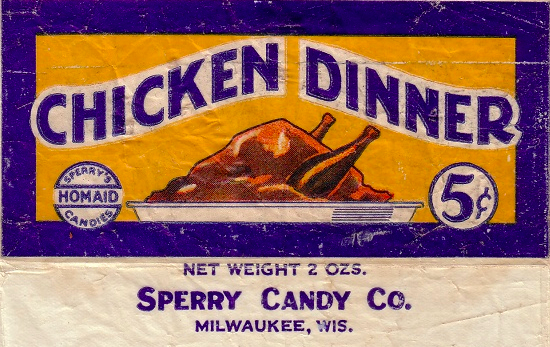 Correspondent: But this also leads me to go back to the question of the sandwich. I mean, I get that calories were new. They were in the air. People didn’t make any distinction between the calories one received from sugar and the calories one received from an apple. And there are a number of forms of advertisement you depict in this book that show that candy manufacturers played into this and used this to manipulate the public into buying more candy. But with things like the Chicken Dinner bar, I’m just absolutely curious about why something like that could be on the market for so long and yet you say that it’s lost to history. The taste. I mean, certainly there’s someone out there who knows about it and there’s someone out there who has a sense of how many of these sandwich-realted chocolate bars were actually eaten between the clock, so to speak.
Correspondent: But this also leads me to go back to the question of the sandwich. I mean, I get that calories were new. They were in the air. People didn’t make any distinction between the calories one received from sugar and the calories one received from an apple. And there are a number of forms of advertisement you depict in this book that show that candy manufacturers played into this and used this to manipulate the public into buying more candy. But with things like the Chicken Dinner bar, I’m just absolutely curious about why something like that could be on the market for so long and yet you say that it’s lost to history. The taste. I mean, certainly there’s someone out there who knows about it and there’s someone out there who has a sense of how many of these sandwich-realted chocolate bars were actually eaten between the clock, so to speak.
Kawash: Well, sadly, our foremost historian of the candy bar, Ray Broekel, is no longer with us. And he is probably the only person who could have answered these questions.
Correspondent: He has papers! He has an archive! He must!
Kawash: He collected candy bar wrappers for several decades. And much of what we know of those lost candy bars is from his archives and from what he collected. He published at least two books where he would just chronicle what the candy bars were and what we know, what they were made of. You know, some of the candy bars, we know a lot about their composition. Because they would describe them in the advertising. So for example, I have seen Chicken Dinner ads that open up the candy bar. You can see the nuts. You can see the caramel. And we know that it was a sort of nut roll. So that would be caramel nougats and nuts. But other bars, all we have is maybe an image of the wrapper or maybe just a name of the candy bar. What’s in a Love Nest? Who knows?
Correspondent: Wow. But I’m wondering if there’s any way — and I guess I’m stuck on the idea of a Chicken Dinner bar — whether the plans or the formula for these bars exist in a vault somewhere and we just don’t know it. I mean, certain companies probably consolidated with companies. Certainly the original way to make these particular chocolate bars must exist somewhere. Or is that just a truly difficult question to solve in 2013?
Kawash: Well, I think that the candy business has changed so dramatically that, even if someone were to discover in the vaults the formula for the Chicken Dinner bar, there would be a large distance to travel between the formula in the vault and an actual Chicken Dinner bar. I mean, today we have a candy business that is dominated by two or three major players. Anywhere you go in America, you’ll see the same candy bars and you know what they are and they’re successful because they’re good. But also because those companies are huge and have huge marketing and advertising budgets. Most of the candy bars that have been lost were produced by tiny companies and often just local or regional companies. And one of the things that I discovered in my research was that, for the most part, candy manufacturers and candy makers were not always very good businessmen. They didn’t always understand the principles of accounting and the ways in which they needed to adjust their production to take into account their expenses. One of the things about candy is that it’s driven by novelty. You want to always be coming out with something new to catch people’s eye. So in the old days, candy makers would frequently just keep making the old stuff and start making the new stuff. And this would create enormous expenses. Because they never had those economies of scale. So part of the problem was just that their passion was candy making, not bookkeeping. And oftentimes, it’s really interesting to go back to some of those candy bars from the 1920s and see which ones have survived even just the brand. Like O. Henry, for example, or Baby Ruth. Those were candy bars that were invented and sold by individuals who had really business acumen. They thought about marketing. They thought about manufacturing in a way that gave them tools to become successful, where becoming successful is becoming national and becoming bought out by Nestle or Kraft or something like that. So I think that it’s a fascinating question. Are there these secret vaults of the lost candies? But I think the sad answer is probably for the most part not. Those companies are gone.
Correspondent: Geraldo opening Al Capone’s vault to see nothing.
Kawash: Yeah. Actually, there are some people now because of nostalgia. I mean, we’re really going through a period now of nostalgia for the old brands and the old candies. And I think your question of “If only I could have a Chicken Dinner bar!” I think a lot of us feel that way.
Correspondent: I mean, if a culture is defined by taste, there’s that question as well. But what you’re saying here about the fact that most of the early candy manufacturers were small and were absolutely terrible at business, sounding not unlike the book industry, I’m wondering at what point was there the first candy kingpin gobbling up all the great innovators that were actually selling certain forms of candy that were more than mere novelties? That had some legs, so to speak. Stuff like candy corn or lemon drops and all that.
Kawash: Well, the real consolidation happened starting in the ’60s. And it was a period of real complacency for candy. Candy manufacturers had been enormously — I mean, the ’20s, the Golden Age of the Candy Bar, you go back to the advertising and the trade publications and you can feel the vibration of excitement! It’s like, “Wow! We’re doing something really amazing here.” The Depression comes. It hits the candy industry as well. But those who survive make it out of the Depression and start ramping up again until the Second World War comes along. And, oh boy, war is good for candy. Why? Because candy is quick and portable energy. And so candy became a really key element in the rations for the troops. There were these headlines. CANDY FIGHTS IN THE WAR! CANDY BULLETS FOR EVERYONE! So the high point of candy production actually comes during the Second World War at a time when there is rationing and food shortage and all these other things that are really impinging on American industry. But candy, because it comes to be perceived as such an important source of energy and morale for the troops also, candy makes people happy.
Correspondent: Well, not only that. But emergency compartments, where bits of candy would fly out. Chocolate bars that are contained in a soldier’s emergency kit and, in fact, were consumed faster than the really terrible Meals Ready to Eat that they had at the time. At one point in the book, you point out that the fact that there was candy in the aircraft actually contributed to fewer accidents from the pilots, which is rather remarkable. I mean, why did candy have such a hold upon the military? I mean, I guess if you’re flying a very fragile plane, you need to be on a sugar high, I suppose.
Kawash: Well, I think that whatever the long term consequences of a high refined sugar diet, we know that….
Correspondent: (laughs) Whatever the consequences? That’s a great big conditional statement there!
Kawash: Let’s just put that to the side and talk about the immediate effects of, you know, sucking on a lemon drop.
The Bat Segundo Show #522: Samira Kawash (Download MP3)

